Description
Boseong Daejak Hwangcha (보성군 대작 황차) is an organic balhyocha tea from the Choi family plantation located in the famous Boseong County of South Jeolla Province. The summer Daejak (대작) grade is harvested in June and is machine picked and processed. The name Daejak Hwangcha refers both to the harvest of this tea and the fact that it is a balhyocha (발효차), a special kind of ‘fermented’ tea from Korea. This tea has full organic certification, was picked in June 2023 and is sourced by us directly from the Choi family.
You may be interested in other teas we currently offer from the Choi Family Garden.
We visited the Choi family plantation in early spring of 2017. While still being early for the first harvest of the year we were able to see their beautiful plantation and facilities. The family has owned this plantation for 3 generations and the tea making knowledge passes down from one generation to the next. Sampling some of the teas, our particular favourite was a traditional Boseong Sejak Hwangcha fermented tea, or balhyocha, handmade by Mr Choi’s grandmother according to her secret recipe. As that particular tea has to be made by hand and in small quantities, it is very rare and expensive. Hence recently the Choi family created this machine processed summer version that comes in at a lower price point. While losing out on some of the finer aspects of the Sejak version, this offers an exciting (and affordable) insight into the world of Korean fermented teas.

Hwangcha (황차) is a type of tea that is unique to Korea. It can also be called balhyocha, paryocha, ‘fermented’ tea or ‘yellow’ tea. It doesn’t have much in common with the traditional Chinese yellow tea. Rather the ‘yellow’ tea name in Korean seems to stem from the appearance of the leaves during processing and perhaps also the brewed liquor, which is yellow in colour and in between green nokcha and red hongcha. Each tea maker will have their own recipe for balhyocha, with many varying processing methods. It means that it is almost impossible to classify hwangcha according to the usual tea classification methods and it really does belong to a category of its own. Some hwangcha teas achieve partial oxidation of the leaves through a normal oxidation process whereby the chlorophyll in the leaves is enzymatically broken down. This process will result in a normal black tea if the oxidation is allowed to continue or in an oolong if the oxidation is halted at a partial stage.
This Boseong Daejak Hwangcha is slightly different to some of the other hwangcha teas that achieve partial enzymic oxidation as this tea does also undergo fermentation in the true sense of the word. It goes through a fermentation process utilising aerobic microorganisms to achieve the desired fermentation and oxidation level. While similar to other post-fermented teas, such as pu-erh from China and goishicha from Japan, the techniques employed are unique to the Choi family. This fermentation process results in a unique flavour profile whereby all tannins and astringency are removed from the finished tea.
Boseong Daejak Hwangcha is a fermented balhyocha tea that has very large summer leaves. It produces a pale golden liquor with a unique fruity aroma. The taste is very light, predominantly sweet and tart. The tangy profile has fruity notes with a creamy and lightly toasty edge. We also found some additional notes of toasted wheat and raisins. The aftertaste is very clean and refreshing with lasting tartness. There is also an intriguing cooling sensation on the finish that lingers on, especially evident as the tea cools.
It is best brewed at 95°C for 3 minutes and can be re-brewed multiple times.
This Boseong Daejak Hwangcha dark was first featured in our November 2023 Curious Tea Subscription Boxes.

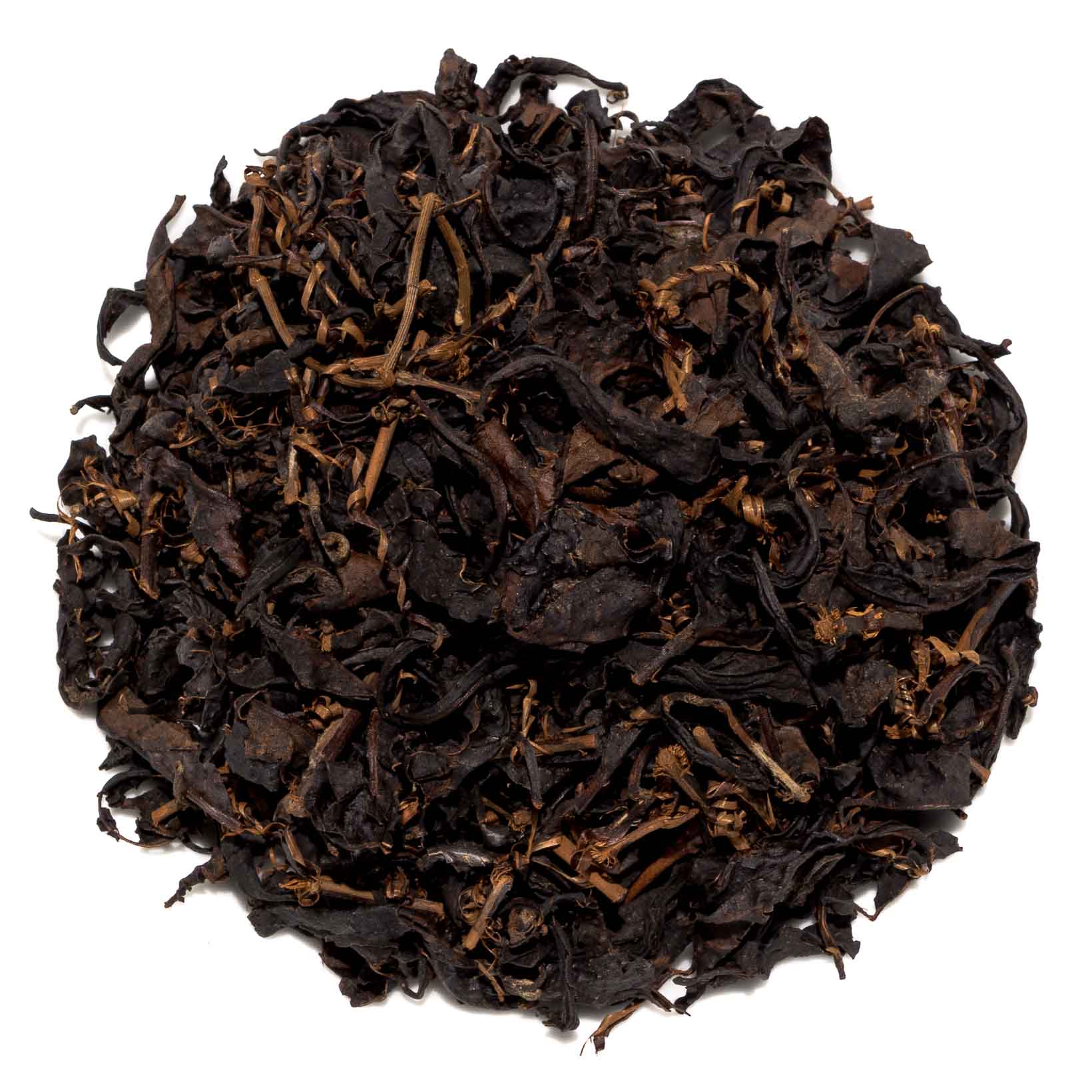
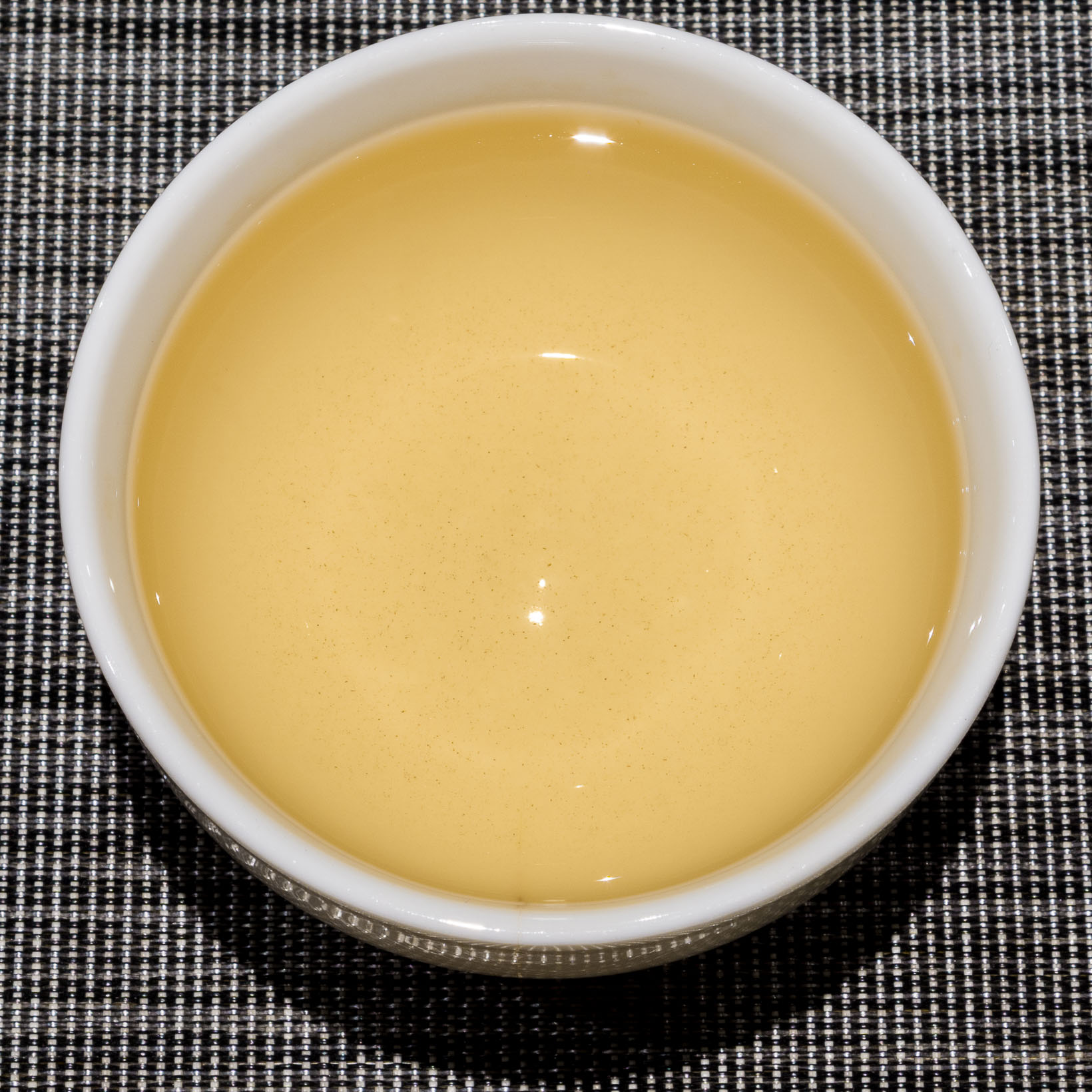
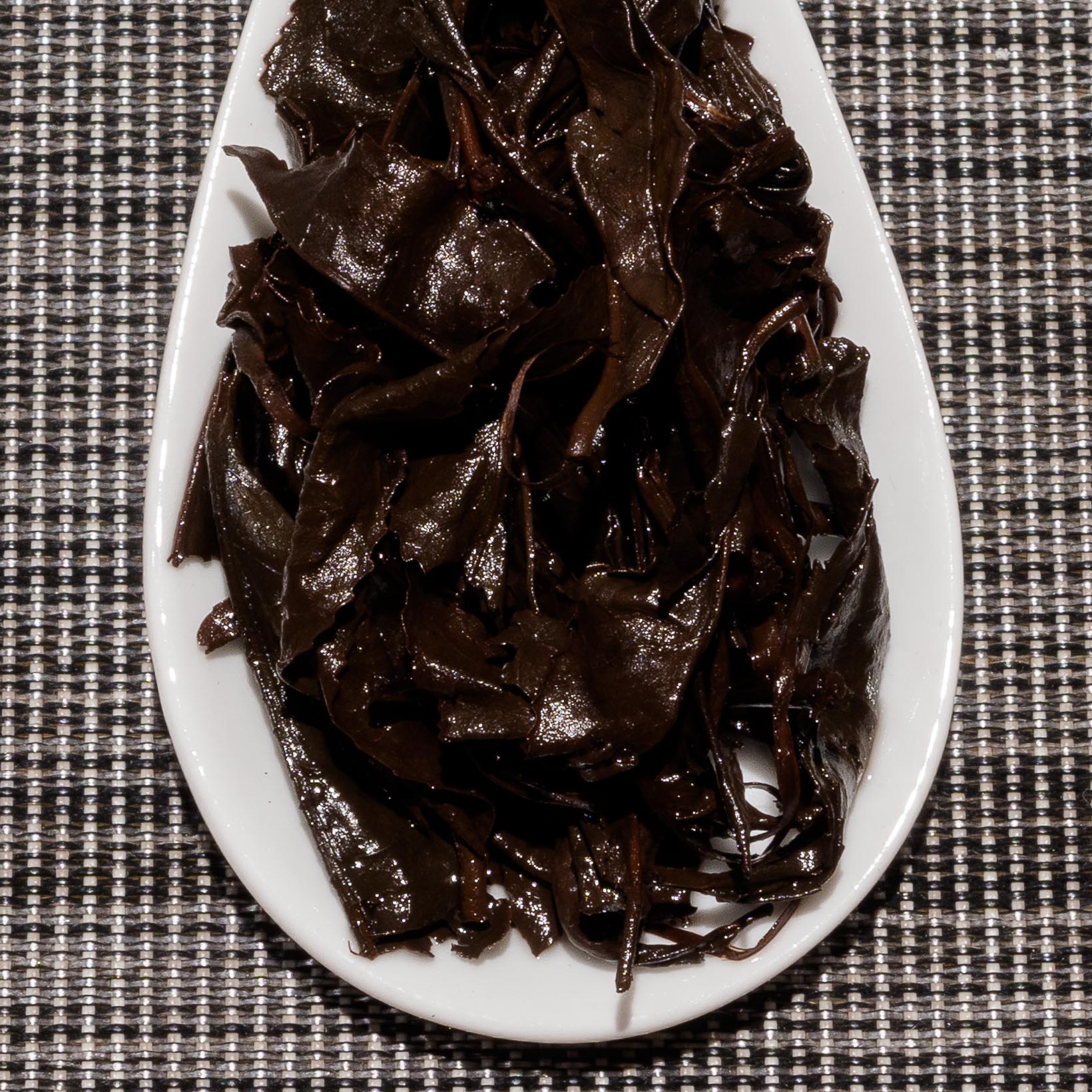
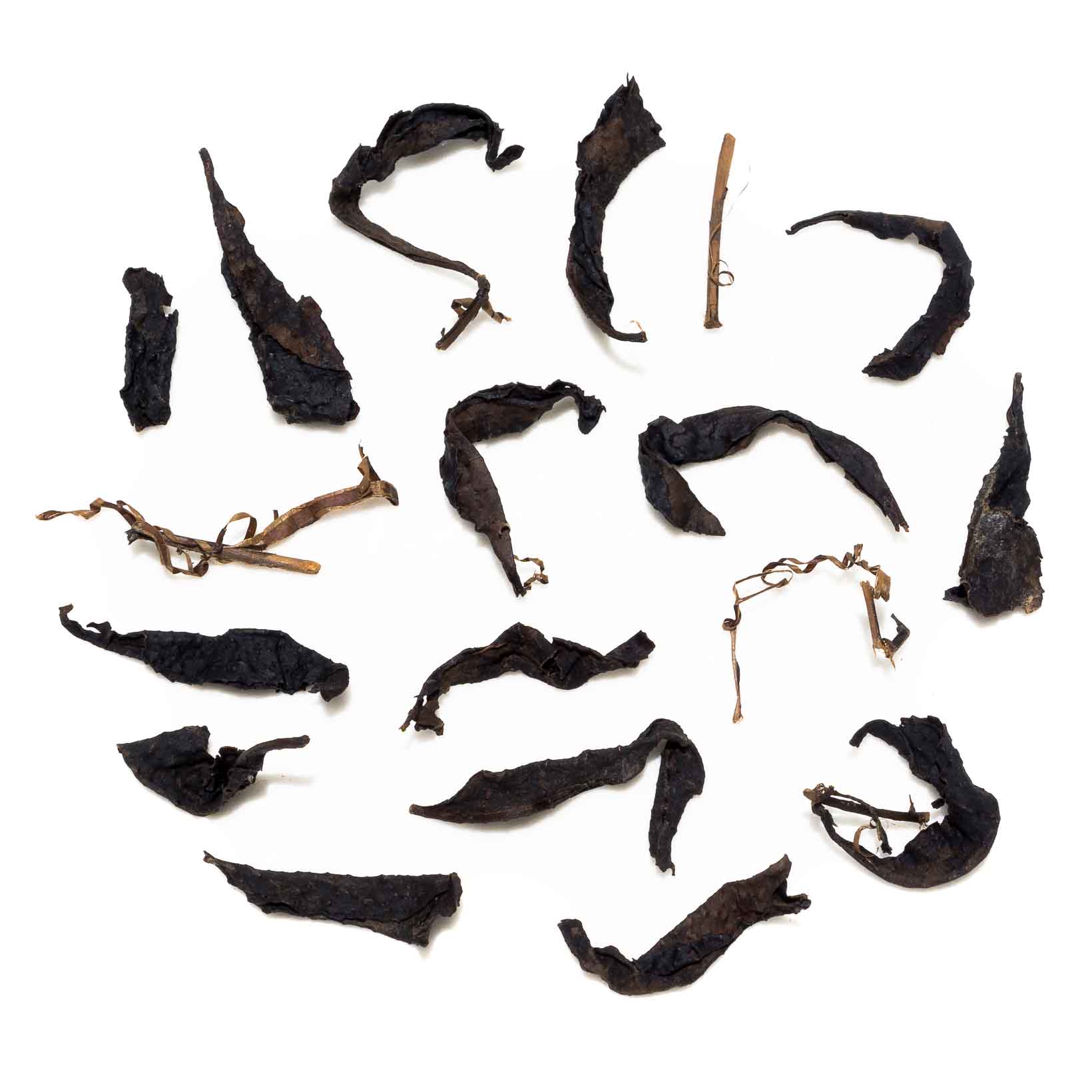


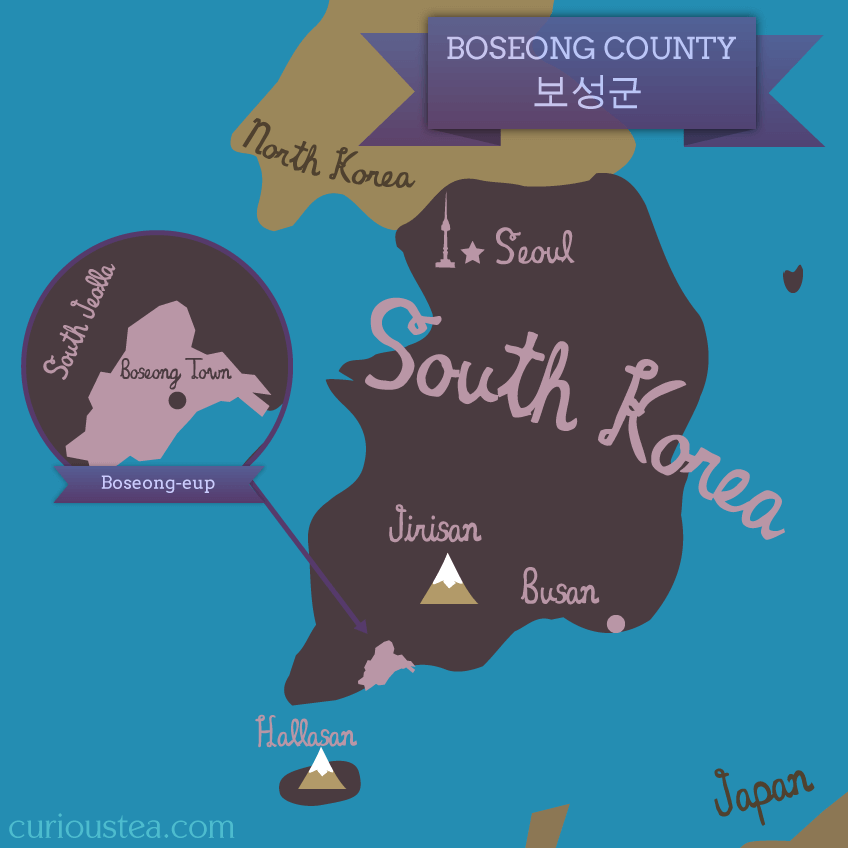
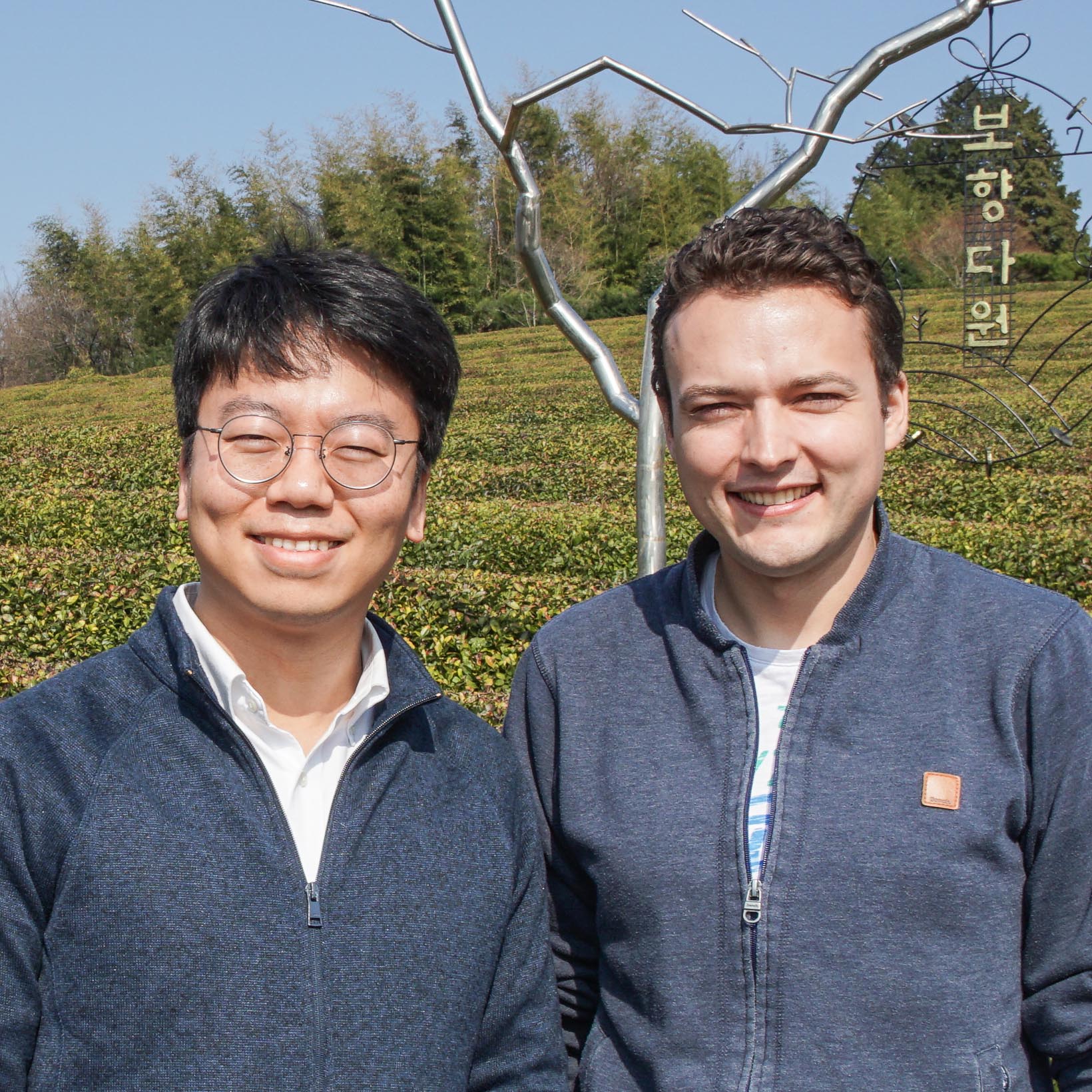
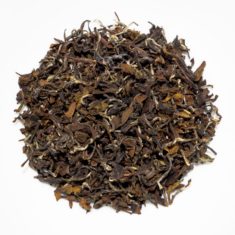 Taiwanese Oolong
Taiwanese Oolong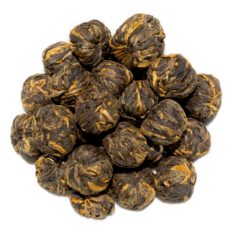 Chinese Black
Chinese Black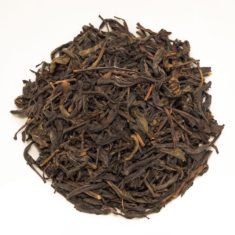 Chinese Yellow
Chinese Yellow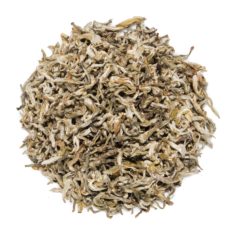 Chinese Green
Chinese Green